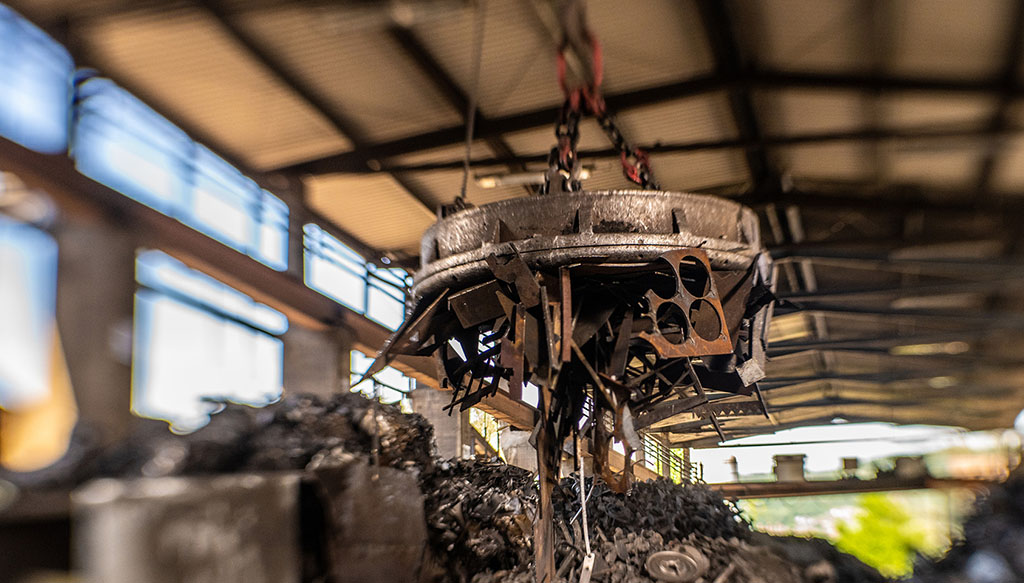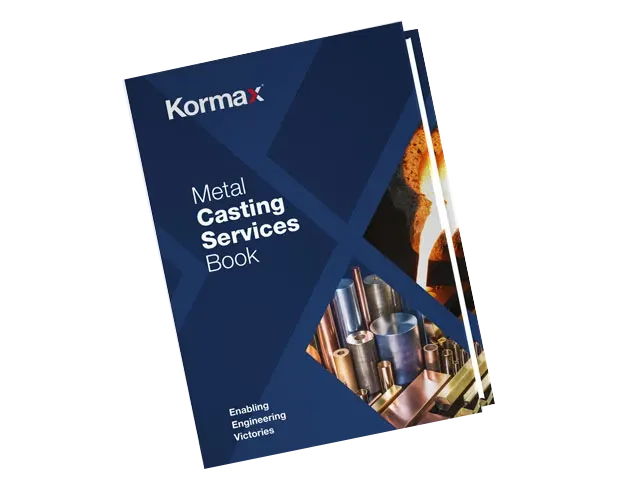Introduction
In an era where environmental concerns are at the forefront of global discussions, industries around the world are reevaluating their practices to minimise their ecological footprint. The metal casting industry, a vital player in manufacturing and infrastructure development, is no exception. As the demand for metal products continues to rise, it becomes imperative for metal casting companies to embrace recycling and environmental sustainability to ensure a greener and more responsible future.
The Metal Casting Industry’s Environmental Impact
Metal casting, a process integral to the creation of various products, has historically been associated with substantial environmental challenges. Traditional foundry practices involve the extraction of raw materials, energy-intensive processes, and the generation of significant amounts of waste. The carbon footprint of metal casting has drawn attention, with emissions contributing to air and water pollution, as well as the depletion of natural resources.
Recycling as a Game-Changer
The metal casting industry is undergoing a transformative shift by adopting recycling as a core strategy. Recycling offers a sustainable alternative to traditional practices by reusing scrap metal, reducing energy consumption, and minimising waste. The recycling loop in metal casting involves collecting and processing scrap metal, melting it down, and then using it to create new metal products. This closed-loop approach contributes to a circular economy, significantly decreasing the industry’s environmental impact.

Advantages of Recycling in Metal Casting
- Conservation of Natural Resources:
Recycling metal reduces the need for extracting and refining virgin ore. This helps conserve valuable natural resources, such as iron, aluminum, and copper, which are essential components of metal casting. - Energy Efficiency:
Extracting and processing raw materials demand substantial energy inputs. Recycling, on the other hand, typically requires less energy. Melting down scrap metal consumes considerably fewer resources compared to the energy-intensive processes involved in extracting and refining virgin materials. - Emission Reduction:
By relying on recycled materials, metal casting companies can significantly reduce greenhouse gas emissions. The production of metal from recycled materials generally emits fewer pollutants than the manufacturing processes associated with primary metal production. - Waste Minimisation:
Traditional metal casting generates significant amounts of waste, including slag and other by-products. Recycling helps minimise waste by reusing existing materials, contributing to a more sustainable and eco-friendly manufacturing process. - Financial Impact and Cost Savings:
Recycling scrap metal proves to be a more cost-effective alternative compared to traditional methods, with cost savings notably in raw material extraction and transportation expenses. As discussed above, the improvements made in energy efficiency and waste management result in lower operational expenses. The financial impact of recycling is further amplified by market demands for sustainable products, positioning companies that embrace recycling as leaders in a competitive landscape.
Challenges and Future Outlook
While recycling in the metal casting industry holds great promise, challenges remain. One significant obstacle is the sorting and separation of different types of metal scrap. Effective recycling requires meticulous sorting to ensure the purity of the recycled material. Technological advancements and innovative sorting processes are essential for overcoming this challenge.
Looking ahead, the future of the metal casting industry lies in further integrating recycling into its practices. Continued research and development will lead to more efficient recycling processes, making it easier for foundries to adopt sustainable practices. Additionally, collaborative efforts between industry players, governments, and environmental organisations are crucial for creating a supportive framework that encourages and rewards sustainability.
Conclusion
Embracing recycling and committing to environmental sustainability is not only a moral imperative but also a strategic move towards securing the metal casting industry’s long-term viability. Recycling in the metal casting industry not only contributes to environmental sustainability but also yields substantial financial benefits.
Companies leading the way in sustainable practices serve as beacons of hope, demonstrating that profitability and environmental responsibility can go hand in hand. As technology advances and awareness grows, the metal casting industry has the opportunity to redefine its narrative and become a model for environmentally conscious manufacturing. The journey towards a greener future begins with each foundry’s commitment to recycling and sustainable practices, paving the way for a more responsible and resilient metal casting industry.
As an ISO 14001 certified company, Kormax ensures that between 30% to 50% of the materials used in producing our customers’ components are clean recycled materials.
Contact Kormax Today
Kormax has established itself as a premier provider of metal castings for diverse industries. Our seasoned experts are readily available to engage in discussions and offer guidance for your upcoming projects. Reach out to us today to explore how we can add value to your metal casting projects.

